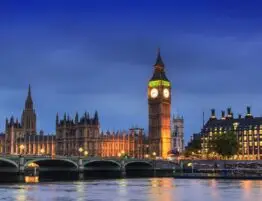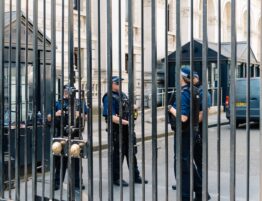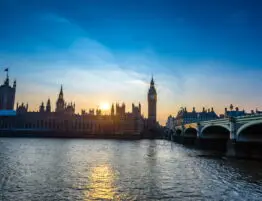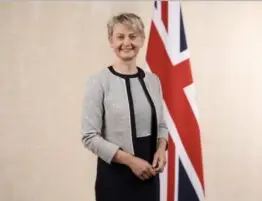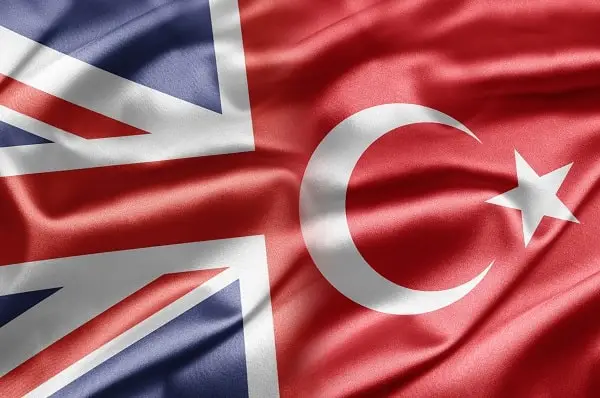
28 February 2020
In case anyone has not heard, Brexit has finally happened, on 31 January 2020. And, crucially importantly, the separation was relatively amicable. Negotiations are to commence about the final shape of the UK/EU relationship, and there is no sign at the moment of the dreaded no-deal scenario.
It was always known and understood that if Brexit happened then free movement of EEA nationals and family members would finish and equally that the Ankara Agreement – which is an agreement between the EU and Turkey – would also finish.
The question was: When?
There is now a “transition period”, which lasts until 31 December 2020, the general idea of which is that things stay the same until then but after that they will be different, depending on what the UK and the EU have negotiated.
In the context of free movement, those affected who wish to acquire immigration status in the UK must be living in the UK by that date, but they have until 30 June 2021 to make their application to the Home Office under the EU Settlement Scheme. This scheme – which gives immigration status under British law, not European law – consists of “Pre-Settled Status” (which is like the old EEA Residence Card) and “Settled Status” (which is like the old EEA Permanent Residence status), which can be acquired after five years.
So it is fair to say that EEA nationals and their family members know where they stand. The EU Settlement Scheme is simple and straightforward and the refusal rate is apparently extremely low.
But the situation with the Ankara Agreement is different and not so clear. The Agreement is not part of European free movement: not being EEA nationals, Turkish nationals are not engaged by this. It is a special type of agreement (one of several “association agreements”) which is separate and different from free movement and which has its own special – and indeed unique – rules.
Whereas the Home Office has published plenty of information about Brexit and free movement and has provided regular updates, there was nothing like this with the Ankara Agreement. Such information as has been published is very minimal.
This was worrying: was the Home Office planning something unexpected? It would not be the first time.
But here we are post-Brexit and we are pleased to see that the Ankara Agreement rules are still on the Home Office website and that new applications can still be made.
It seems possible – but certainly not guaranteeable – that the Agreement will remain open to new applicants until 31 December 2020. We are relying in this respect on a written statement made to Parliament by the Secretary of State for Exiting the European Union in March 2019:
“Following exit from the EU, the UK’s obligation to this agreement falls away either after 31 December 2020 in a deal scenario, or earlier in a no deal scenario.”
Assuming that we can indeed rely on this, and bearing in mind that no deal is not on the horizon at the moment, we might have until 31 December 2020 for new applications.
But of course this is not certain. If the UK Government and the EU authorities decide at some point before that date that a deal will not be achievable – unlikely, we would think, but presumably possible – then it seems that the Ankara Agreement could die before then.
We can at least be fairly confident that those who have successfully acquired status under the Agreement will be allowed to extend their leave in the UK and apply for settlement if they meet the requirements, even after the Agreement has fallen away. The statement also refers to: “… a transitional arrangement … will allow resident ECAA workers and ECAA business persons and their family members to apply for further leave with similar eligibility requirements as they have now, and apply to settle in the UK.”
But of course you will have acquire initial status before you can acquire further status. Bearing this in mind we would advise you – if you are or might be interested in the Ankara Agreement – to act sooner rather than later and not rely on a possible deadline of 31 December 2020 for your application.

